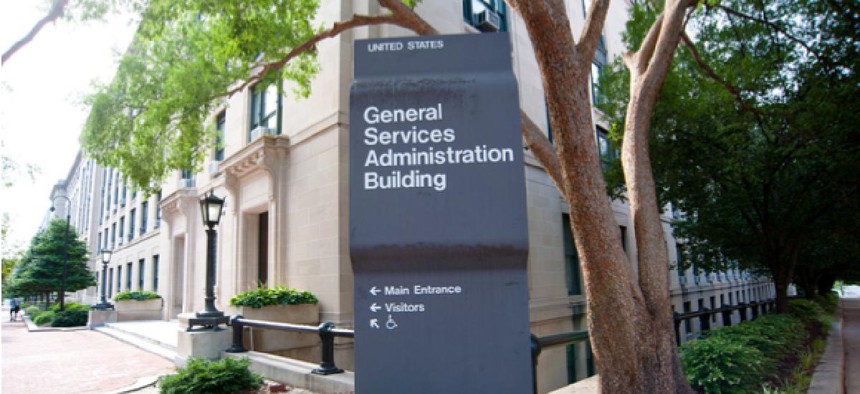Procurement gurus mostly pleased with GSA's e-commerce plans

Industry analysts see some hurdles, but say GSA is improving over earlier iterations on a legislatively required plan to launch an e-commerce marketplace for federal procurement.

The General Services Administration's plans to move ahead with an e-commerce portal pilot are mostly encouraging, analysts say.
GSA issued its blueprint to Congress detailing plans for setting up a multisupplier electronic marketplace pilot by the end of 2019 and included the supporting research that guided its decisions.
The report also included the recommendation that the micro-purchase threshold -- the maximum that can be spent on the platform without going to a competitive procurement -- be raised to $25,000 for agencies that use the pilot. GSA also wants five years to run a pilot. The increase and the pilot duration both must be approved legislatively.
Analysts and industry group representatives contacted by FCW were mostly positive about GSA's approach. The agency held public meetings, received hundreds of comments from industry and issued several drafts of the plans.
Rob Burton, former deputy administrator of the Office of Federal Procurement Policy and now partner at Crowell & Moring, said he was pleased that GSA chose to "keep it simple" by limiting the planned pilot to a single e-marketplace platform. He called the request to increase the micro-purchase threshold for the pilot to $25,000 a nice driver to get agencies interested in using it. He also noted the plan looks to use commercial terms and conditions for products, instead of trying to develop its own specific set. Additionally, he commended GSA for removing a proposal in draft plans that would have asked suppliers for price breaks for the pilot.
The plan sent to Congress, he said, "is a major improvement on where they were headed" in earlier drafts.
He cautioned, however, the micro-purchase increase is the linchpin for the pilot. "It's critical they hook into this year's [defense bill]," he said, "or it will be a bit of a wait" to obtain congressional approval needed for the change.
GSA's plan is solid and will provide valuable experience and perspective moving forward, according to Alan Chvotkin, executive vice president and counsel of the Professional Services Council.
By focusing on only the e-marketplace, GSA is taking a more efficient path than trying to also pilot e-procurement and e-commerce models, he said. Each would require its own set of rules and sets of decisions.
As for exploring more e-commerce-friendly capabilities for GSA's schedule and other programs, Chvotkin said GSA's Federal Acquisition Service "can walk and chew gum at the same time."
Roger Waldron, president of the Coalition for Government Procurement, was more cautious in his praise, saying that "GSA should take a step back" and reconsider its approach.
Waldron, whose group represents commercial service and product companies that sell to the federal government, said GSA's plans to create an e-marketplace trial by this fall is too narrow.
The agency's e-marketplace pilot will focus on the pathway for a single model, said Waldron, at the expense of two other models -- an e-procurement model that would require custom software and interfaces and an e-commerce model based on individual suppliers.
Waldron said that narrow effort also excludes the possibility of cheaper GSA schedules that might have been leveraged from the agency's e-commerce effort. "Studies have shown that schedule pricing can be lower than commercial platforms," he said.
NEXT STORY: Contractors tally shutdown costs


